Sep 28-29 were the dates for the Bhopal IITK90 Yearly Reunion. I reached Bhopal on Fri, Sep 27 at 4 pm. The reunion was expected to start on Saturday. Hence, I decided to go to Sanchi. I took an Uber to Bhopal Railway Station from the airport. Then I took a train to Sanchi at 5.25 pm.
I got off at Sanchi Railway Station at around 6.50 pm. There was an electricity failure at the station. So it was dark and raining. I found a hotel called Hotel Sambodhi, about 1.5 km from the station. I called them made a booking. There were no auto-rickshaws or buses at that time. So I decided I was going to walk 1.5 km on the highway to Hotel Sambodhi in the dark. Then I started walking towards the hotel, but since it was raining, I took shelter at a fruitwala. I told the fruit guy about what I was planning to do. So without asking he said he volunteered to drop me off on his motorcycle. He did not even take any money that I offered him. This is the kind of Indian hospitality that I just love. It warms the heart.
I stayed in Hotel Sambodhi overnight and started walking for Sanchi Stupa at 6.50 am. There were not auto-rickshaws available at that time. I reached the Stupa at 7.15 am. The ticket was Rs. 40. I was the only visitor at that time 🙂
Sanchi Stupa is a Buddhist complex, famous for its Great Stupa, on a hilltop. It is located in 450 km north-east of Bhopal, capital of Madhya Pradesh. The Great Stupa at Sanchi is one of the oldest stone structures in India, and an important monument of Indian Architecture. It was originally commissioned by the emperor Ashoka in the almost 2400 years ago in 3rd century BC. Its nucleus was a simple hemispherical brick structure built over the relics of the Buddha. It was crowned by the chhatri, a parasol-like structure symbolising high rank, which was intended to honour and shelter the relics. The original construction work of this stupa was overseen by Ashoka, whose wife Devi was the daughter of a merchant of nearby Vidisha. Sanchi was also her birthplace as well as the venue of her and Ashoka’s wedding.
The complex is really well kept and clean. There are signboards everywhere. 3 Stupas were built. But just touching the 2400 year old Stupa was a feeling of immense elation.
I was done by about 8 am. Then I hired an auto-rickshaw guy who would take me to Udaigiri caves and back for Rs. 400. The ride to Udaigiri was about 10 km from Sanchi Stupa.
The Udayagiri Caves are twenty rock-cut caves near Vidisha, Madhya Pradesh from the early years of the 5th century AD during the reign of Chandrgupta Vikramaditya. They contain some of the oldest surviving Hindu temples and iconography in India. They are the only site that can be verifiably associated with a Gupta period monarch from its inscriptions. It is located in Udaygiri hills, a part of the Vindhyachal range.
Tava (flat-top) Cave
I particularly liked Cave #6 which depicts the story of Varaha (Vishnu avatar) who rescued Goddess Earth from the depths of the ocean.
I finished Udaygiri caves at about 9.30 am. I took a local bus to Bhopal. It was fun to travel in a local bus with songs blaring 🙂
I reached MP Tourism Hotel Palaash at around 11.30 am on Saturday.
There was a session on “What’s next?” in the lives of batchmates as everyone has turned 50. This was followed by a dinner at the newly renovated Minto Hall. The fourth and the last begum of Bhopal – Nawab Shah Jahan Begum conceived the very beautiful ‘Minto Hall’ to felicitate Lord Minto, the then Viceroy of India. The foundation stone for Minto Hall was laid on 12th November 1909. The building was finally completed by Nawab Hamidullah Khan, son of Nawab Shah Jahan Begum. The architect of this heritage building was AC Rovan.
We came back at almost 11 pm. I went to sleep inadvertently. Everyone else met for a bulla session, but I missed it.
On Sunday, Sep 28, we started for a tour of Bhopal City.
We first stopped at the Raja Bhoj Setu. Raja Bhoj was the founder of the city of Bhopal, which was originally called Bhojpal. It became Bhopal with the Mughal influence. Raja Bhoj (reigned c. 1010–1055 AD) was an Indian king from the Paramara dynasty. His kingdom was centered around the Malwa region in central India, where his capital Dhara-nagara (modern Dhar) was located. At its zenith, his kingdom extended from Chittor in the north to upper Konkan in the south, and from the Sabarmati River in the west to Vidisha in the east.
We then stopped at the Iqbal Maidan in the area where the palaces of the Bhopal Nawabs were located. It was named after Mohammed Iqbal who wrote “Sare Jahan se Accha”. In the same area were Shaukat Mahal, Gauhar Mahal, Moti Mahal etc. These were old Bhopal palaces.
We ate at Raju Tea Stall, a small restaurant, but famous in Bhopal for its Samosa, poha and Mava Jalebi. It was fantastic. The jalebi was simply awesome.
We continued to Taj Ul Masjid, literally means “Crown Among Mosques”. It is the largest mosque in India and the seventh largest mosque in the world and one of the largest in India, bigger than the Jama masjid in Delhi. Taj Ul Masjid has a capacity of 175,000 people. We also were allowed to take photos of Madarsa classrooms and inside the mosque. Very cool.
We then went to Wind and Waves resort for our breakfast. From there were continued to Van Vihar National Park in Bhopal. This is a big park with lots of animals kept in open enclosures. We saw tiger, leopard, hyena, deer and many more animals. There was also a snake park.
We came back to MPT Palaash around 1 pm. We started out for the tribal museum around 3.30 pm. Central India is home to many indigenous tribes who live very differently from ordinary citizens. They simply want to be one with nature. This is one of the best museums I have seen in India. It celebrates the ways of life practiced by the seven major tribes in the state – the Gond, Bhil, Korku, Baiga, Sahariya, Kol and Bhariya – through their crafts. In a series of colorful galleries whose roofs soar as high as three-storey buildings, the dramatically-lit artefacts project tribal living, aesthetics, and spiritual beliefs. I have never seen an Indian museum that is so aesthetically pleasing. Must see.
We started from the Tribal museum around 5 pm and went to the Boat Club. We then went on boat tour of the Upper lake which is 31 sq. km. Bhopal is the city of lakes, with 17 lakes. It was a 1 hour boat ride. We finished it by about 7 pm and came back to the hotel.
The evening party on Sunday started at 8 pm with dinner and drinks. There was singing, karaoke and dancing. Overall a great bonding experience. The party finished around 12 midnight. We then went back to our room and continued the karaoke in a smaller group till about 2.30 am on Monday.
I then woke up on Monday at 7 am and left for my flight from Bhopal to Pune at 11.45 am.
It was a wonderful reunion. A huge thanks to Pallavi and Manoj Govil who managed the whole event so smoothly. Without their skilful management, we would not have had such a wonderful experience. I left with wonderful memories. Looking forward to the Kilimanjaro and African Safari in July 2020 followed by the Hyderabad reunion in Sep 2020.


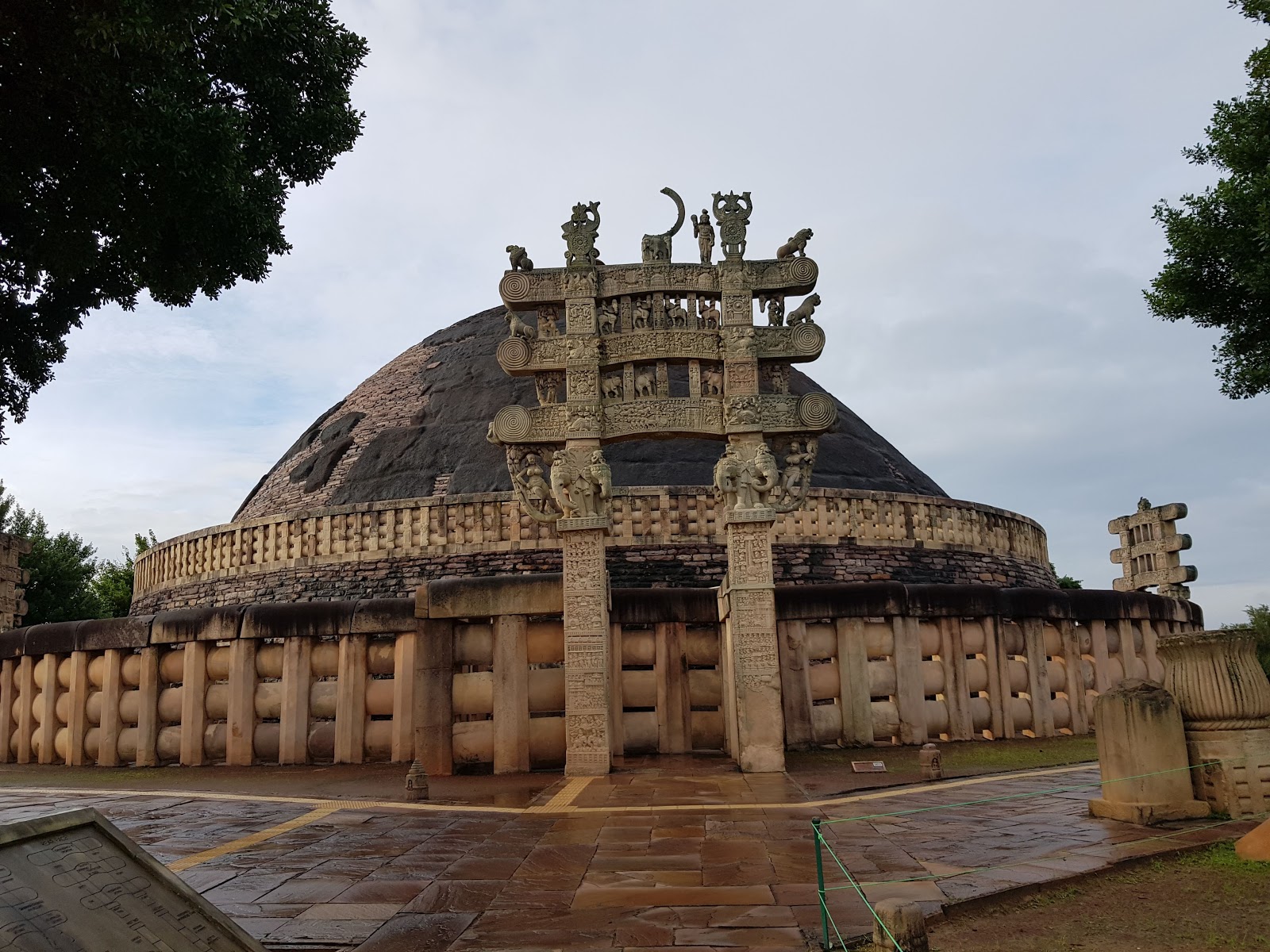
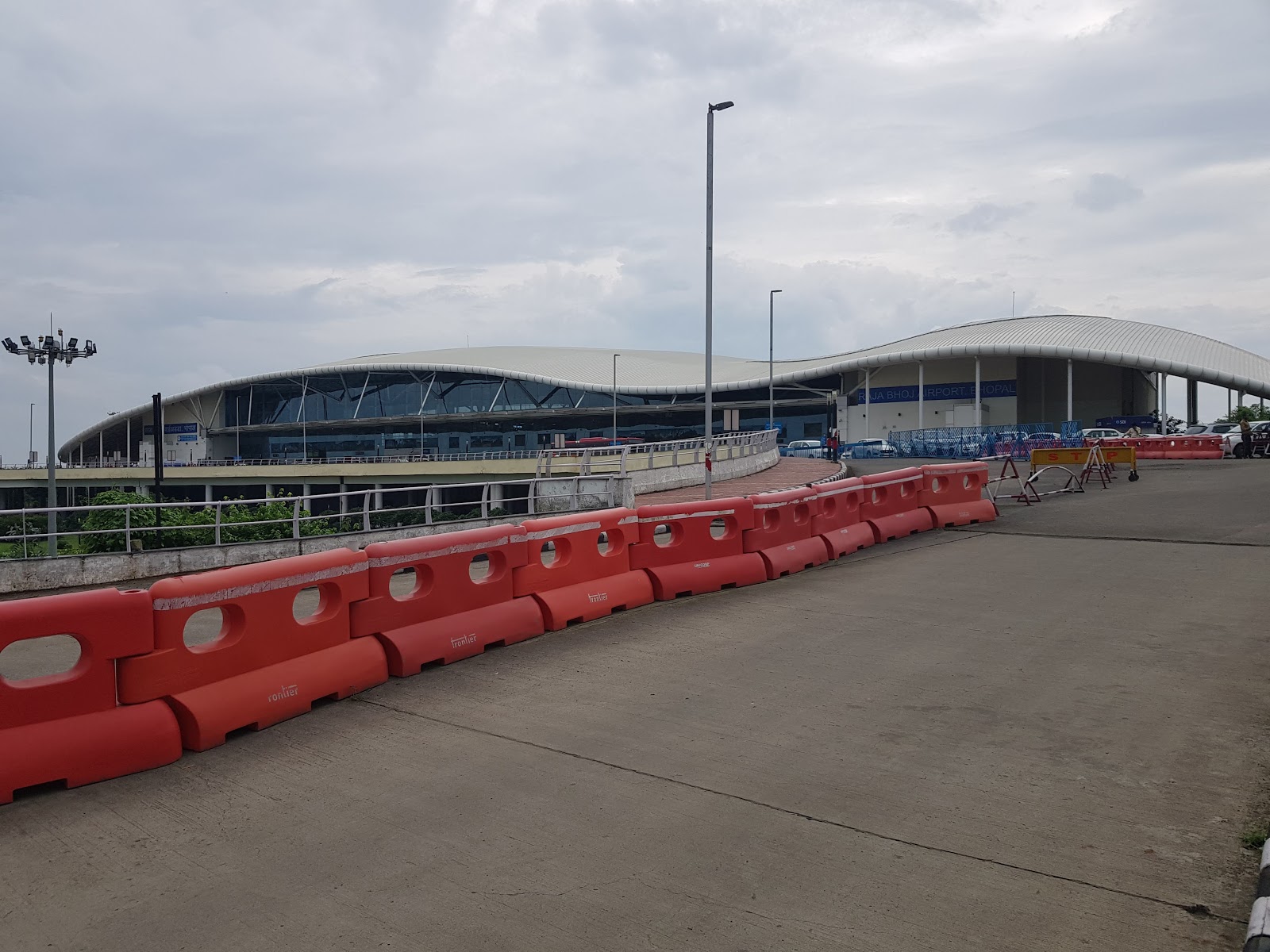



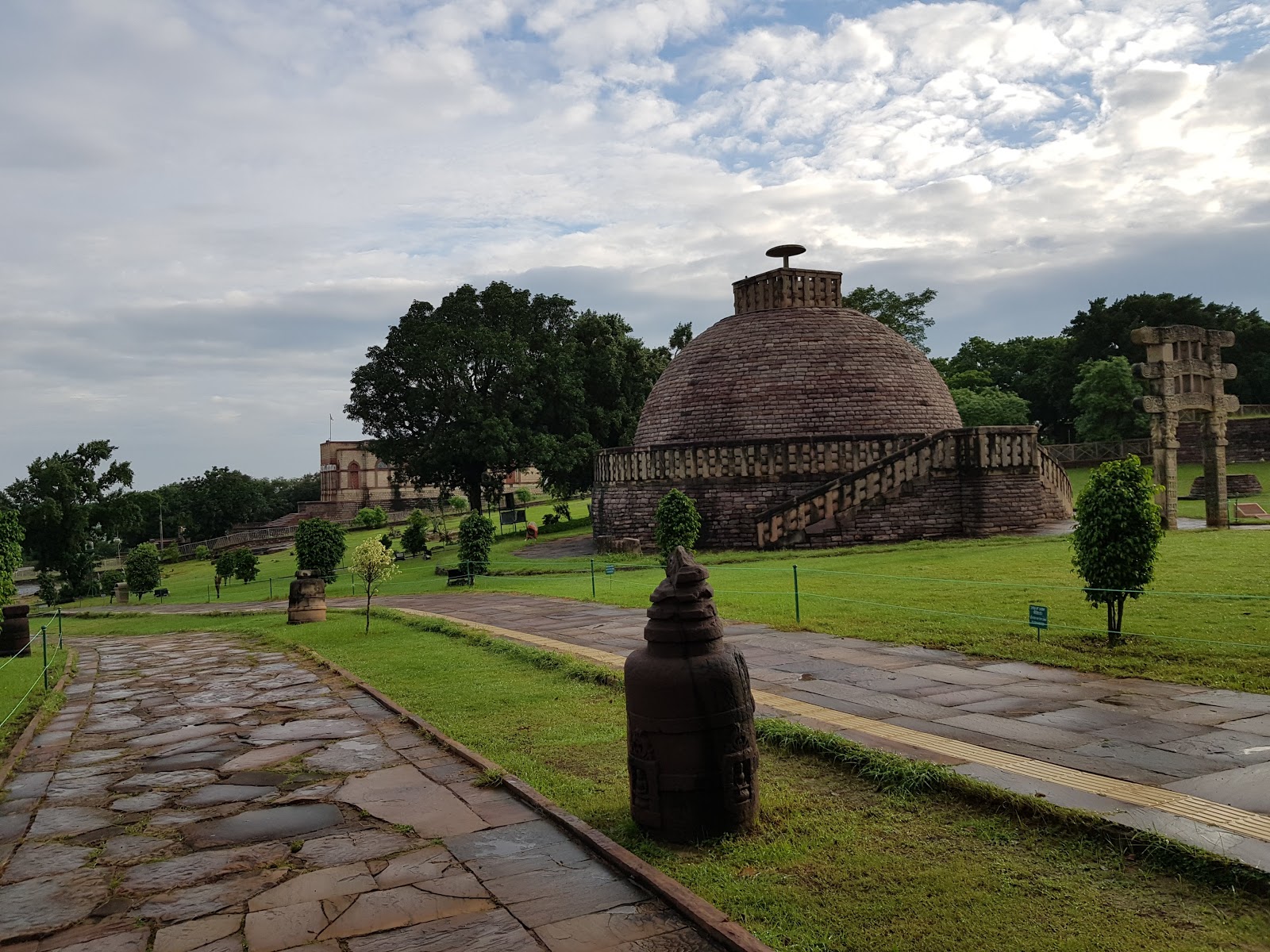
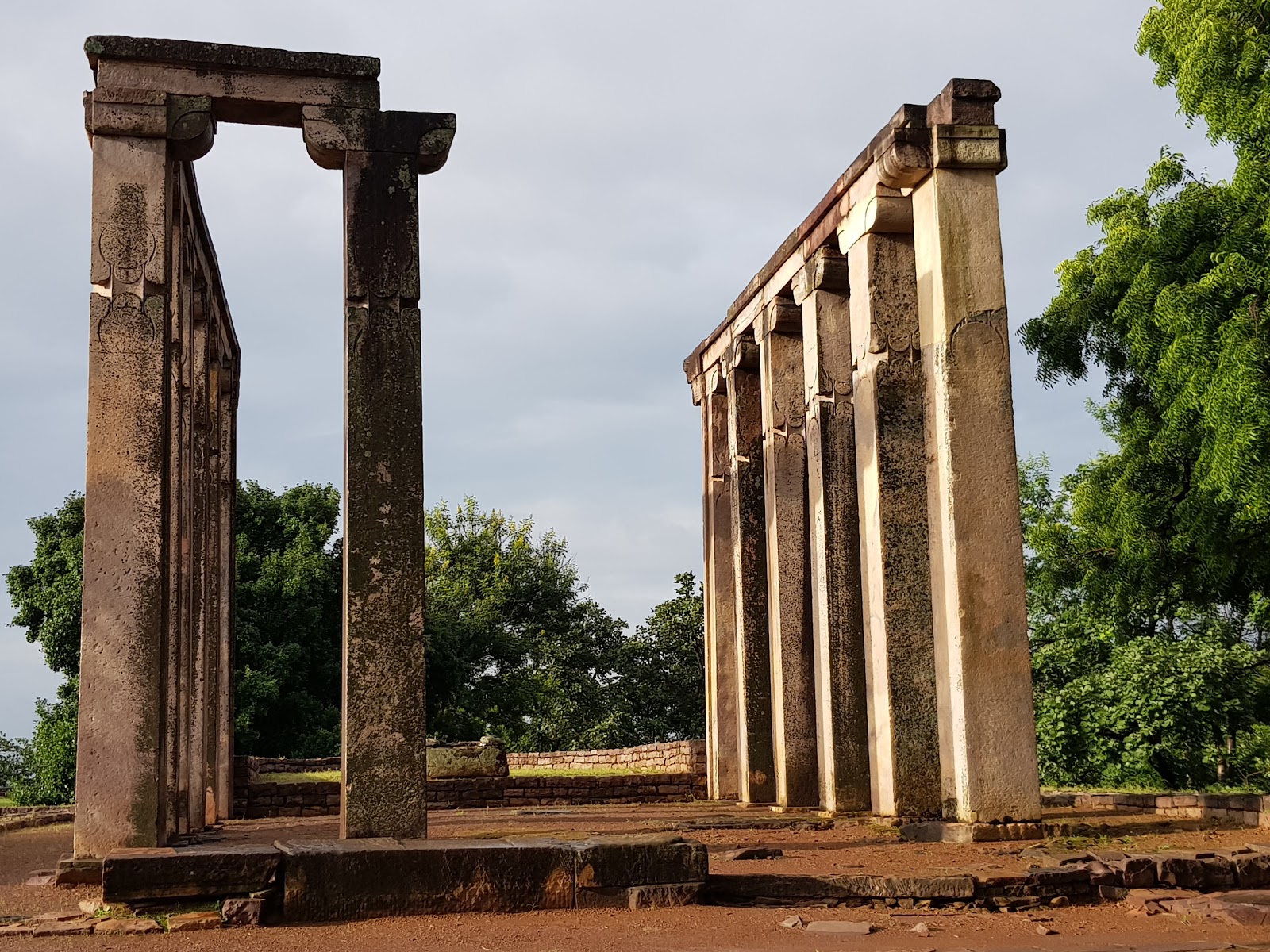

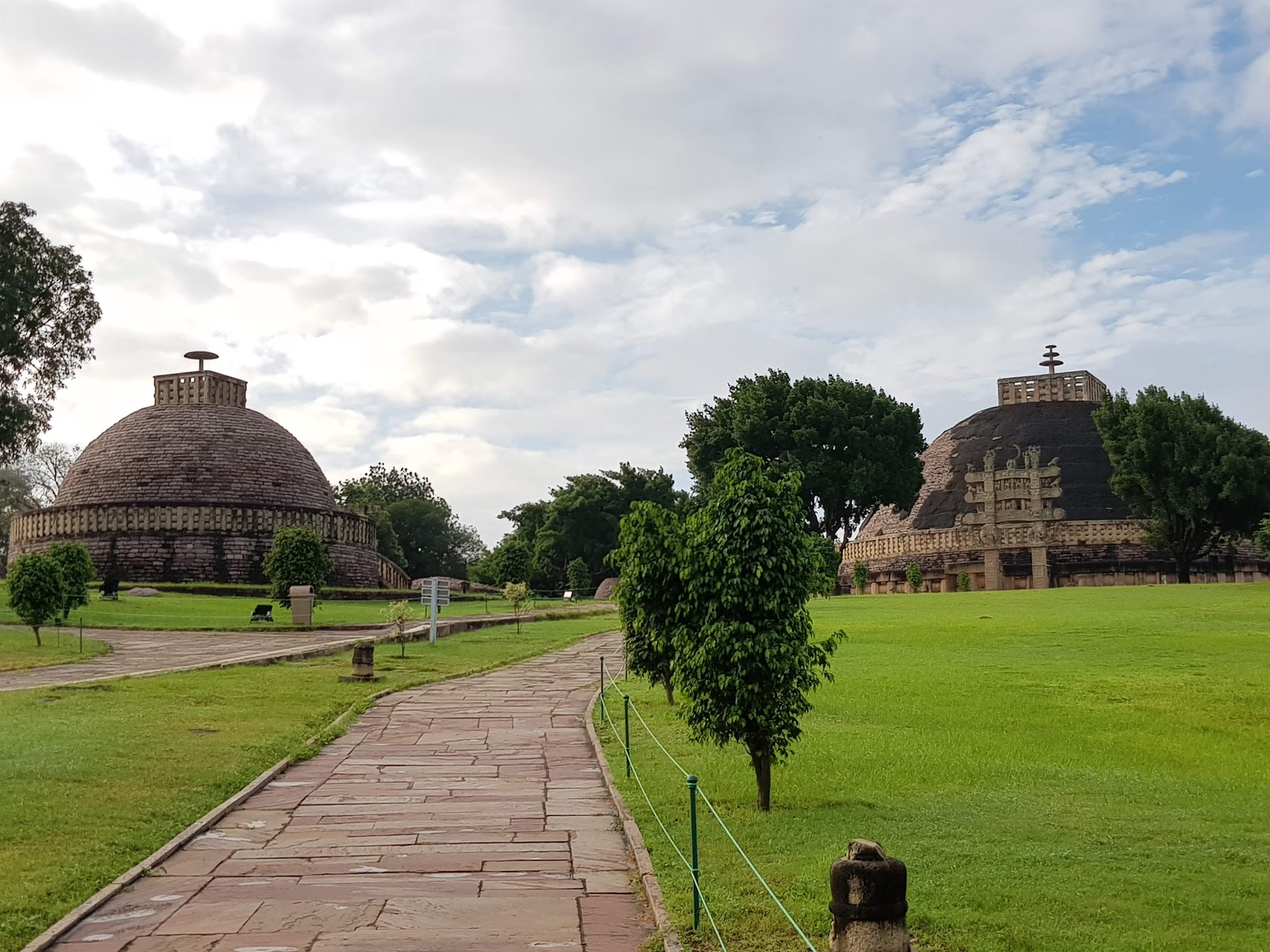


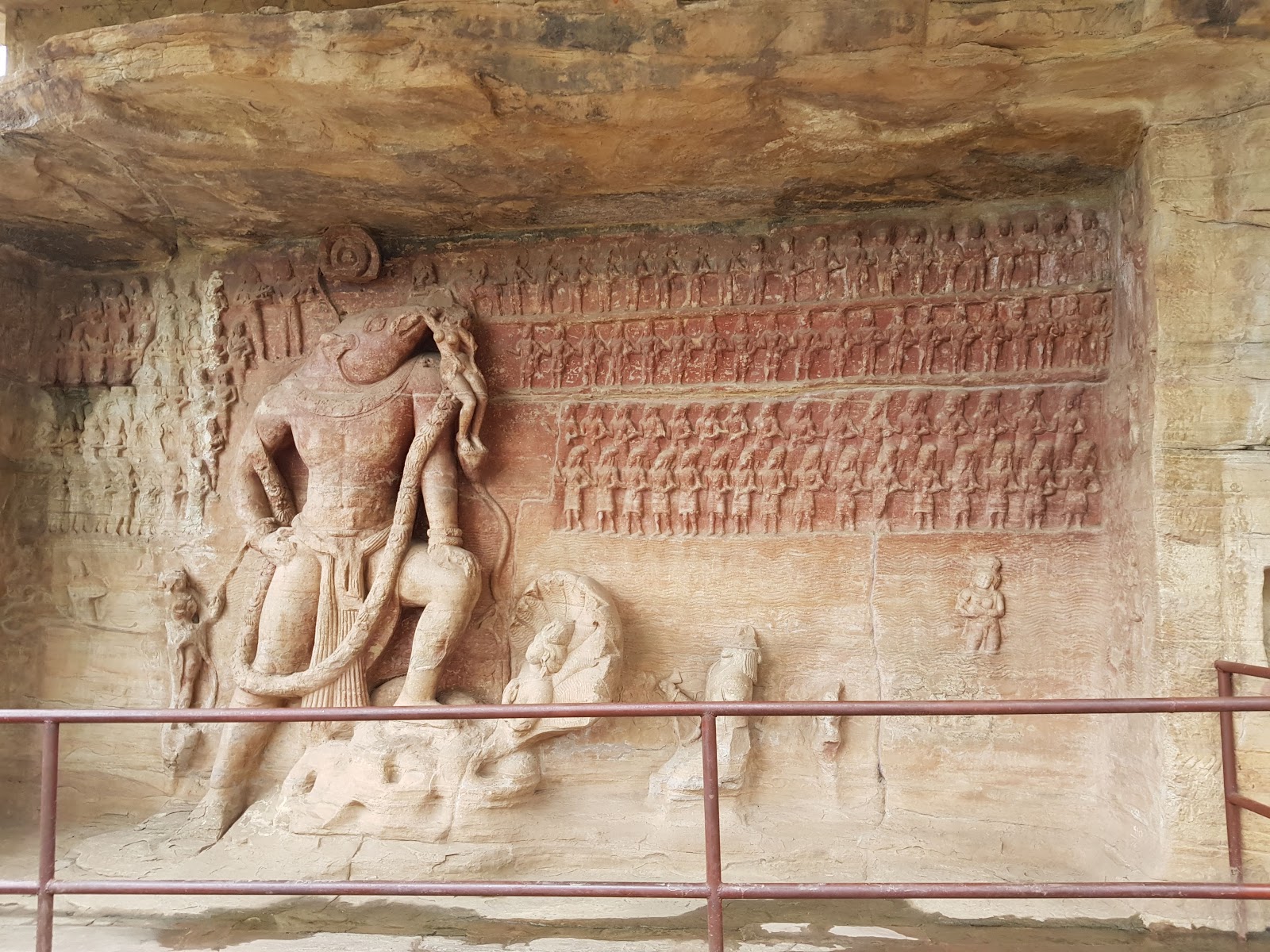

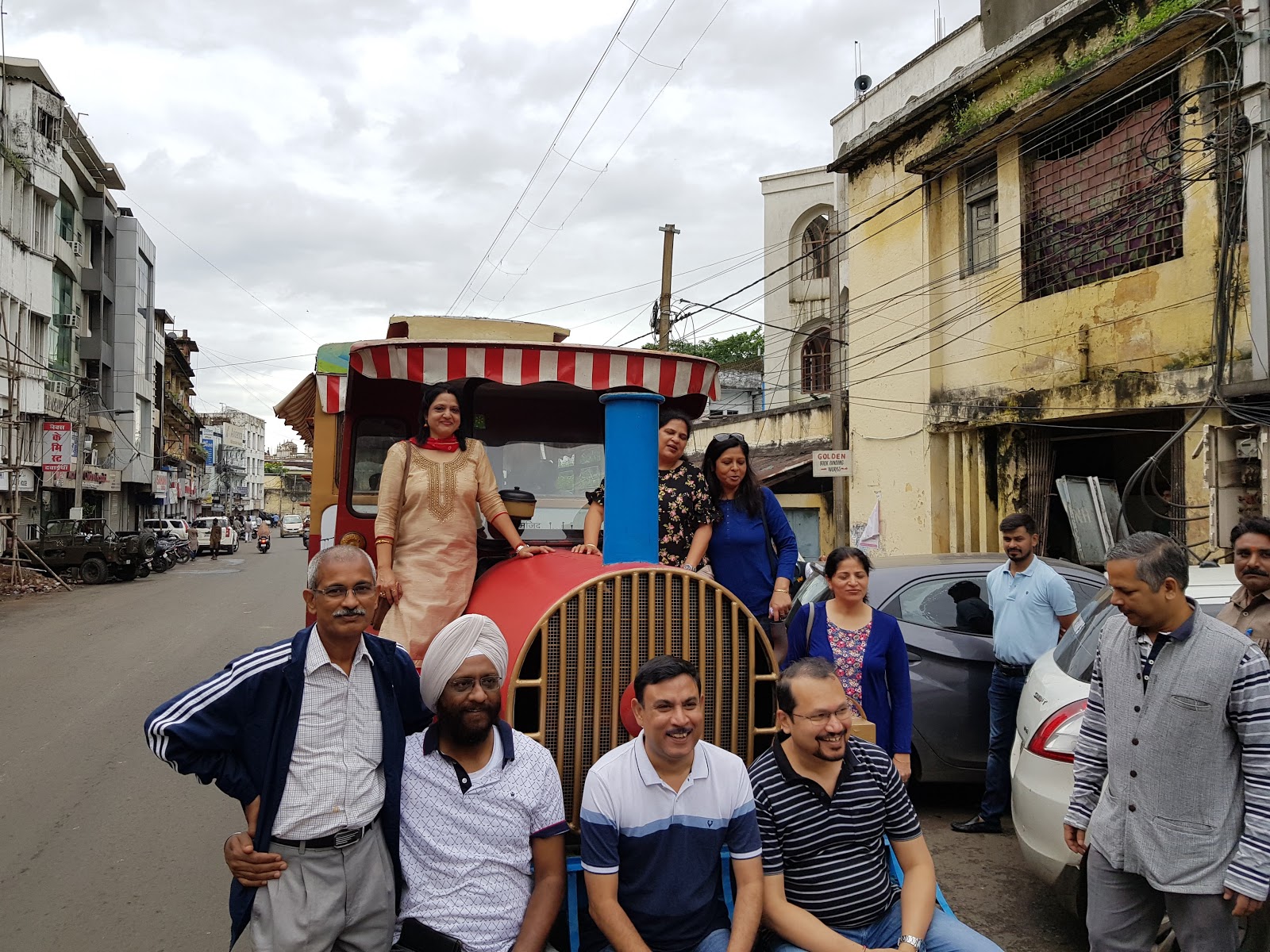









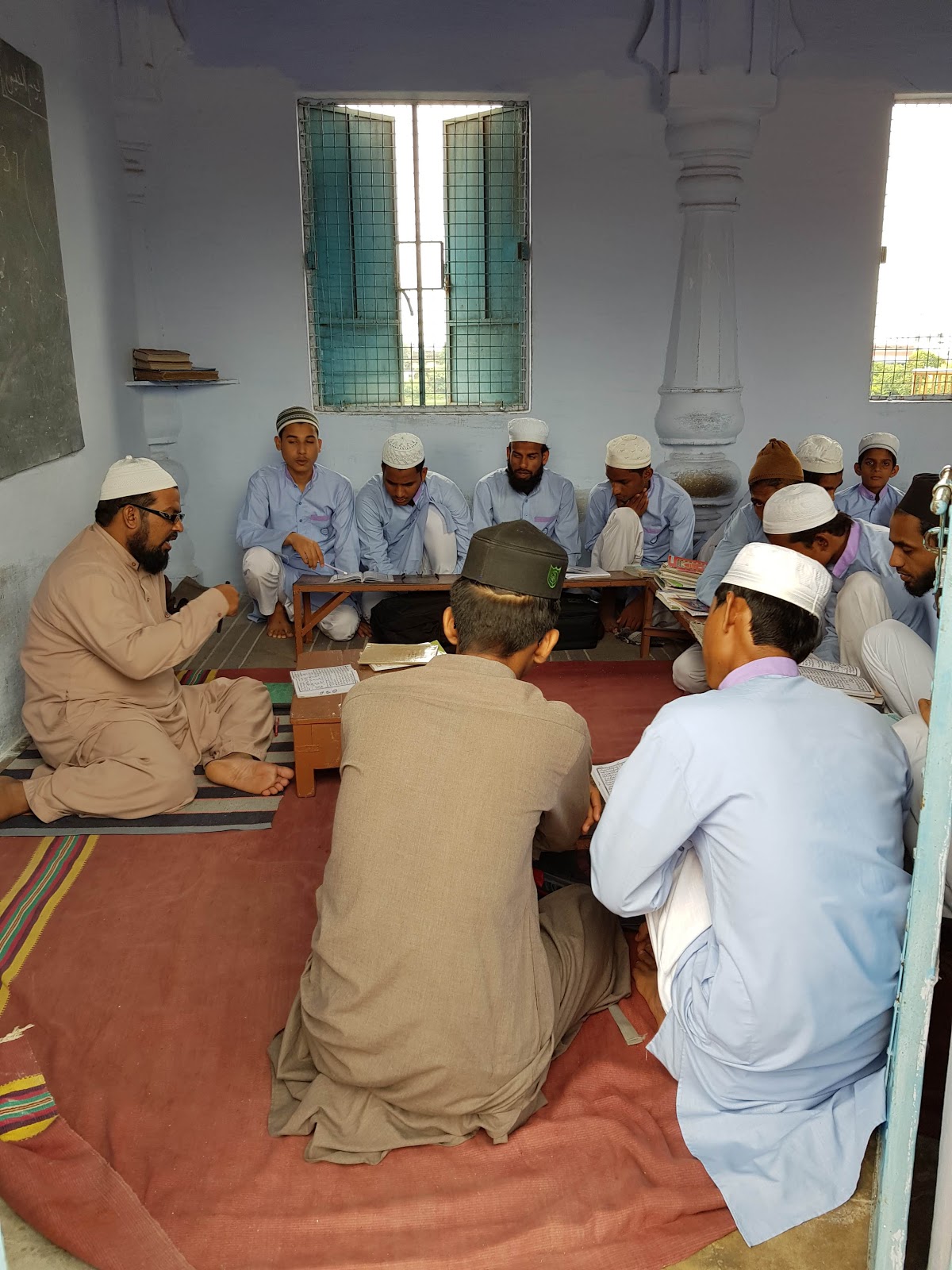
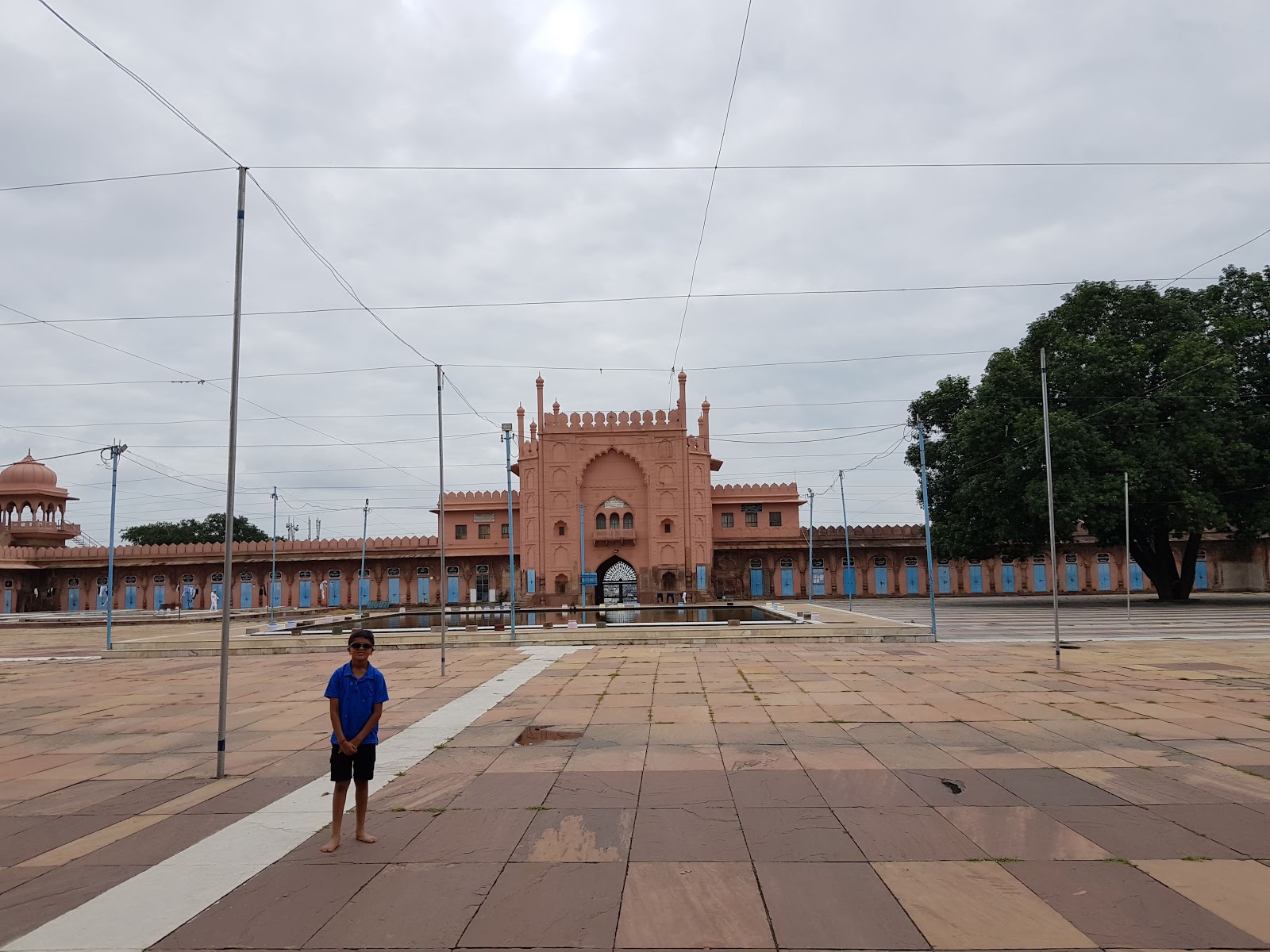

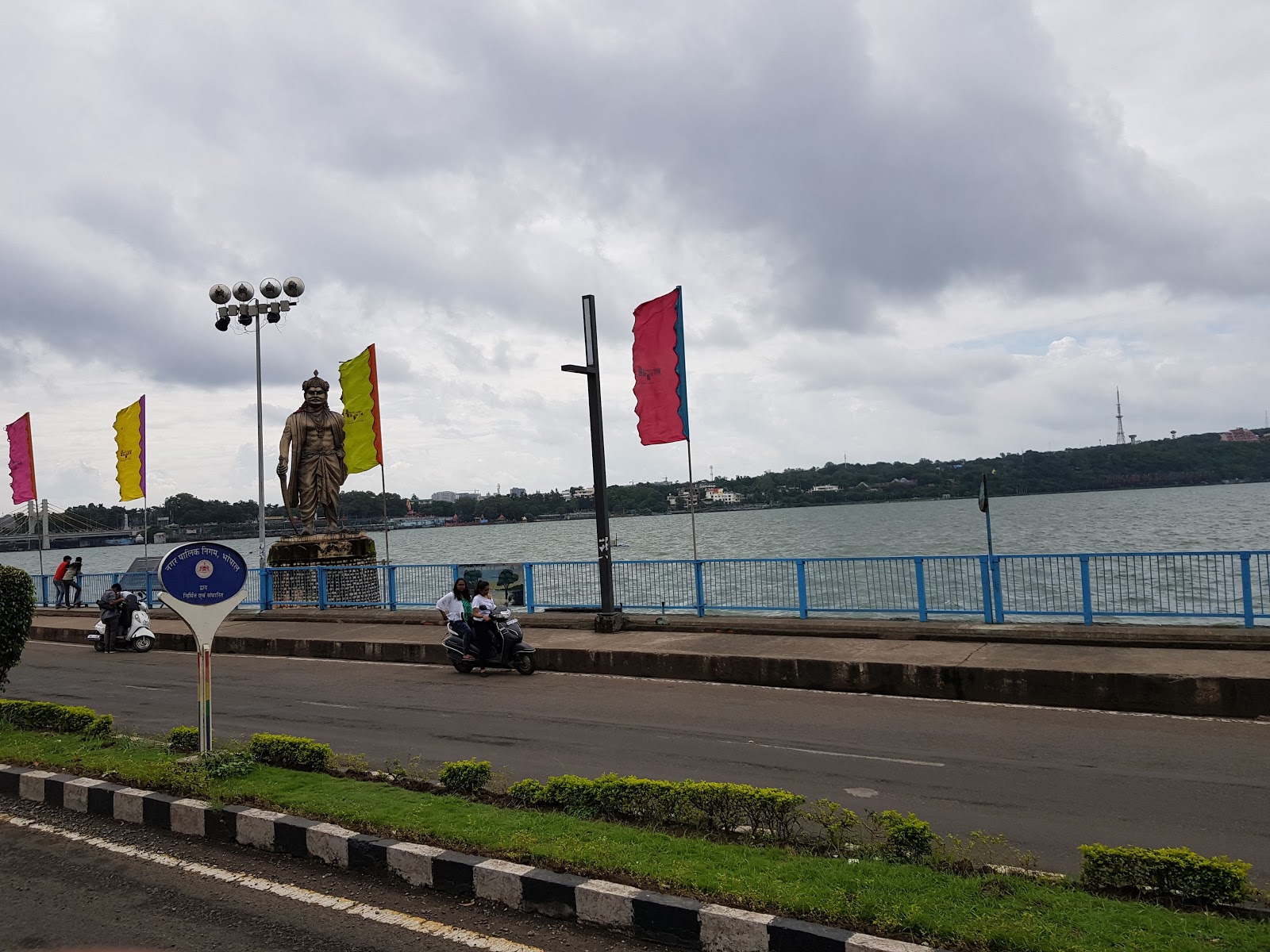
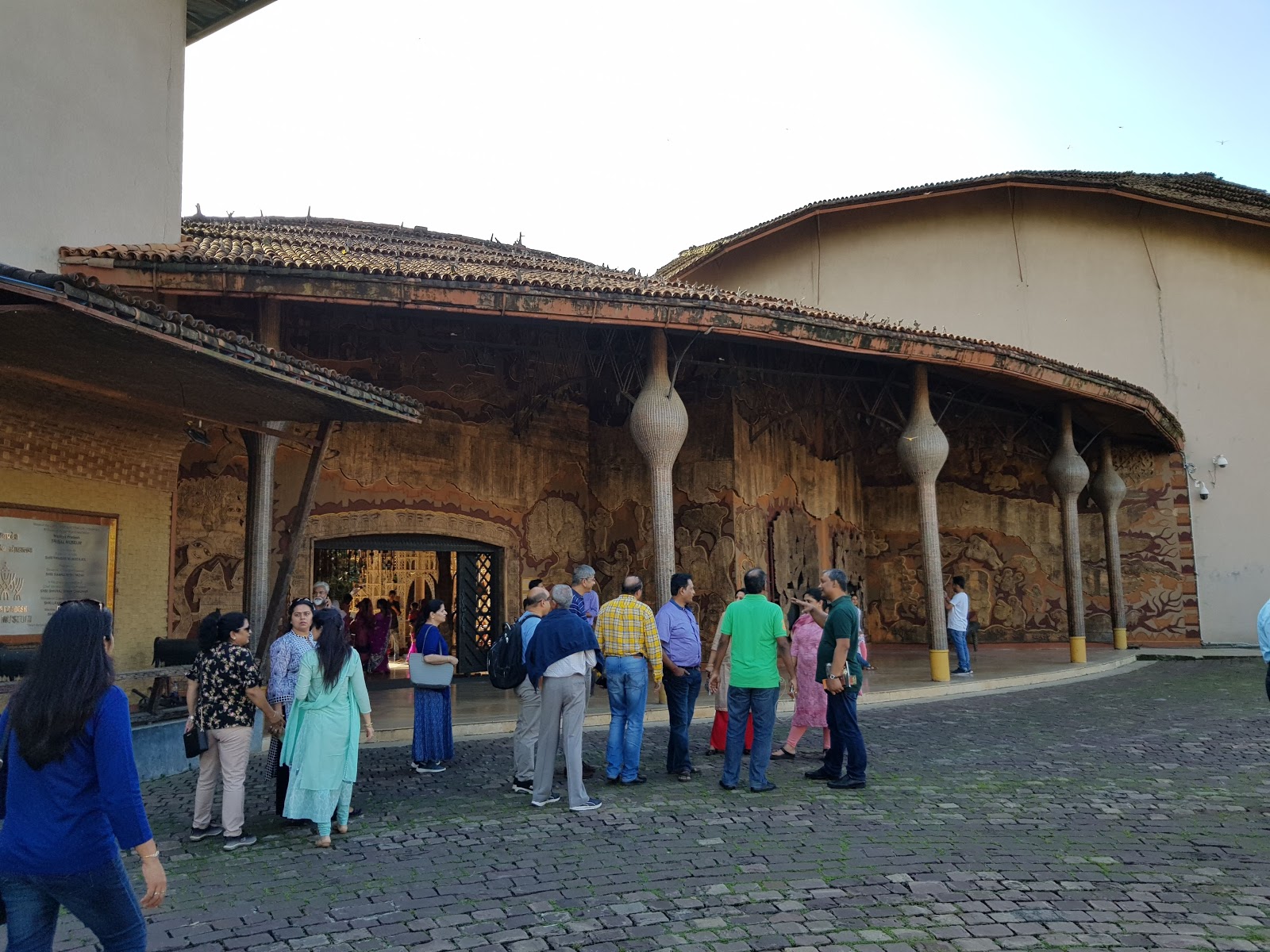

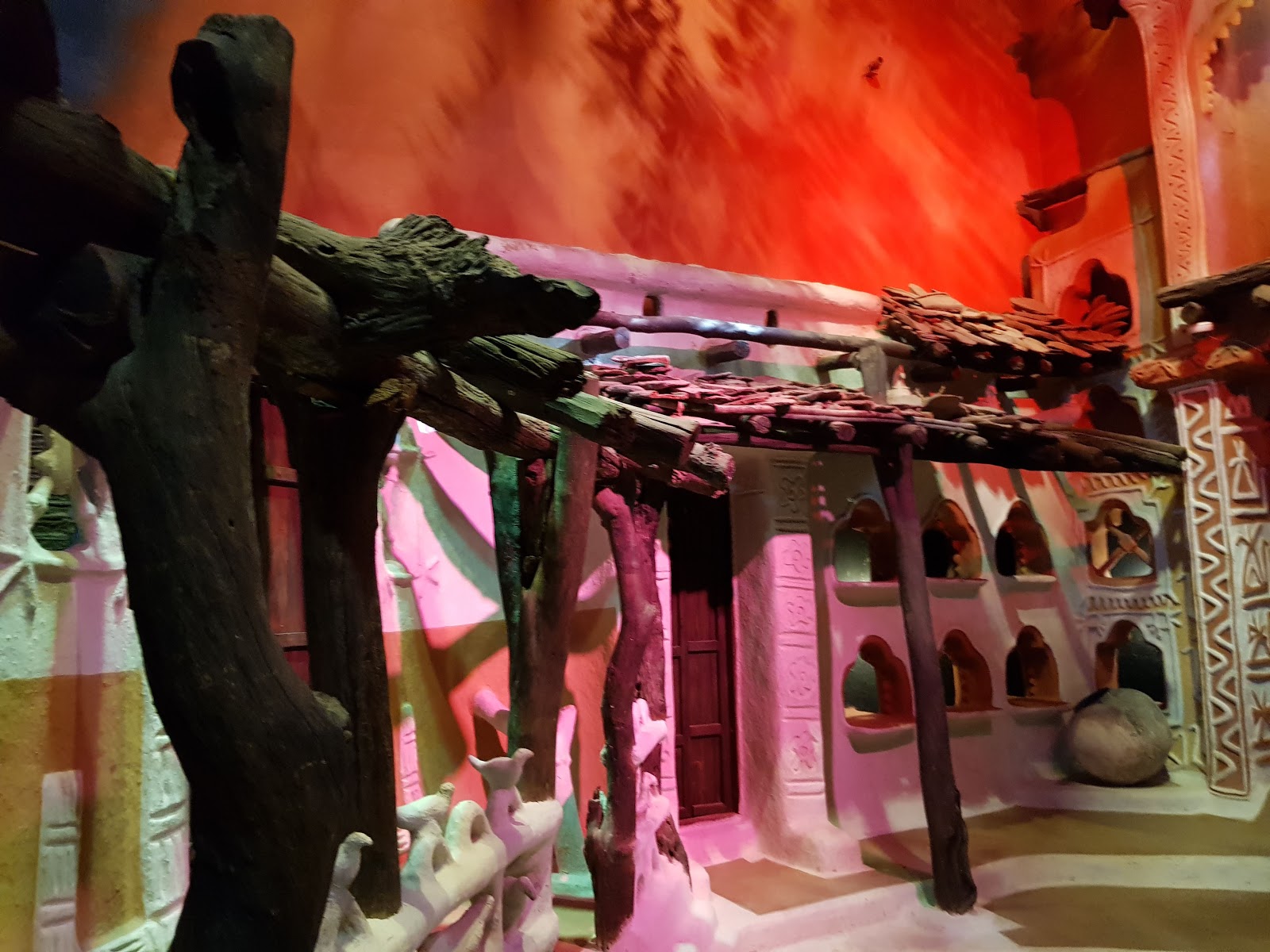





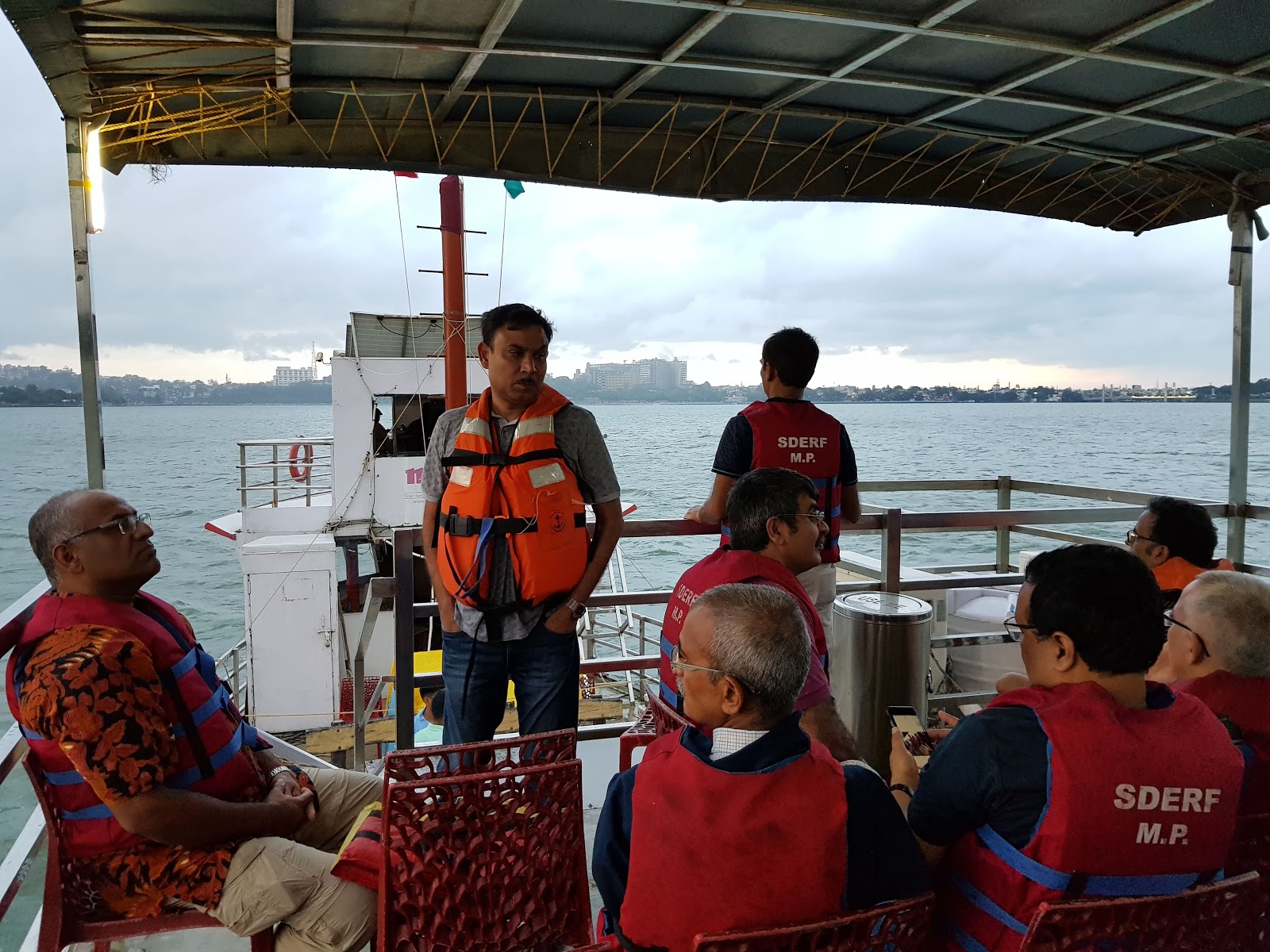
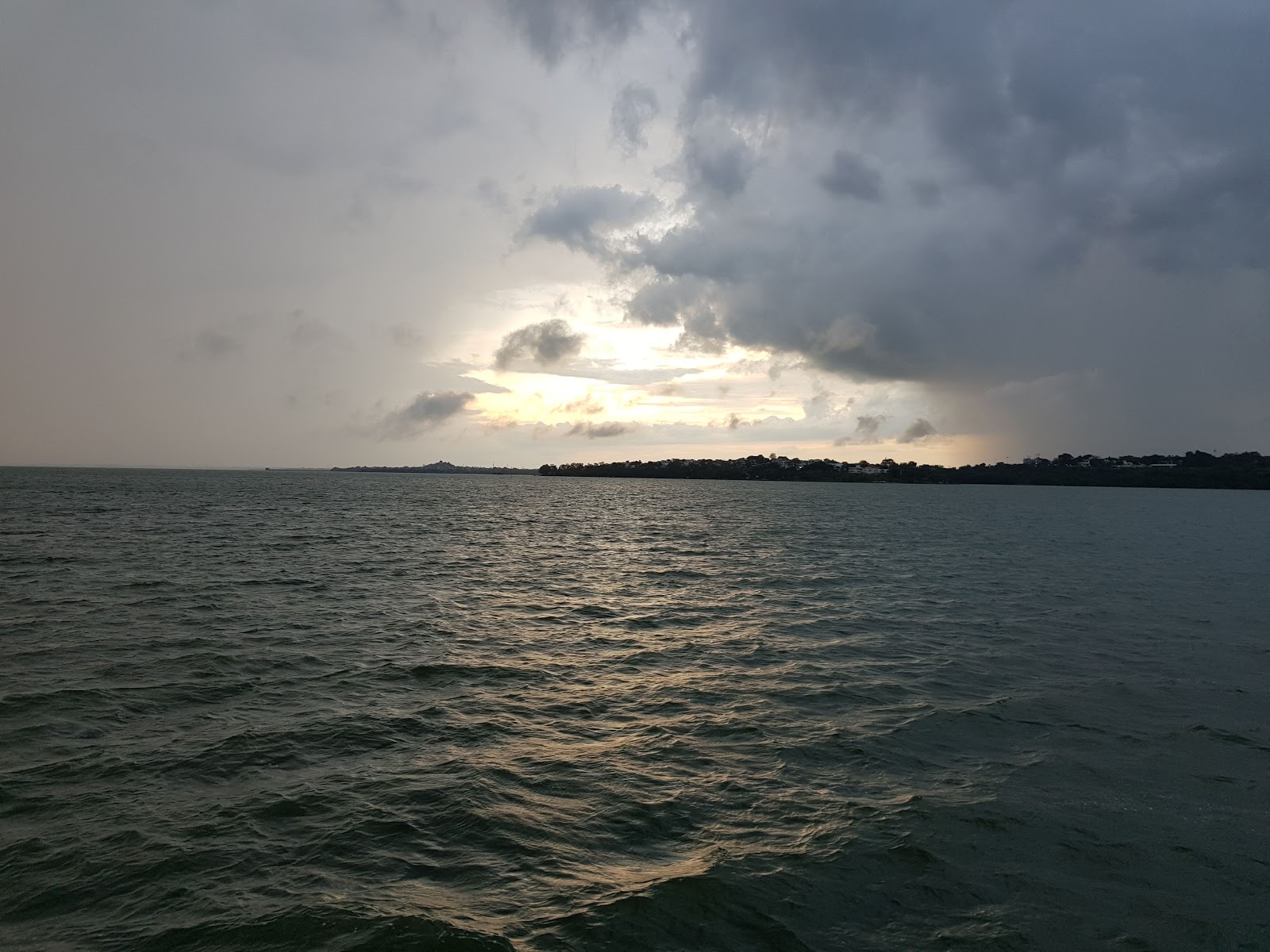









Engrossing travelogue in a simple and charming style, with lots of historical facts woven in. Some beautiful visuals as well.
hats off. lovely narration